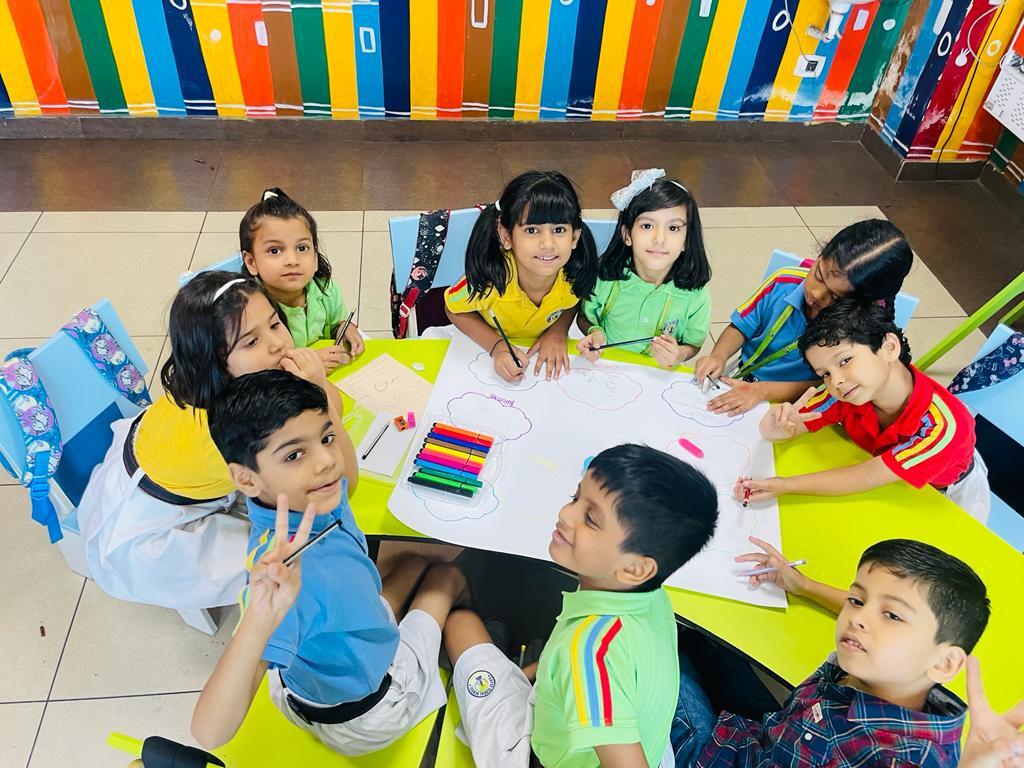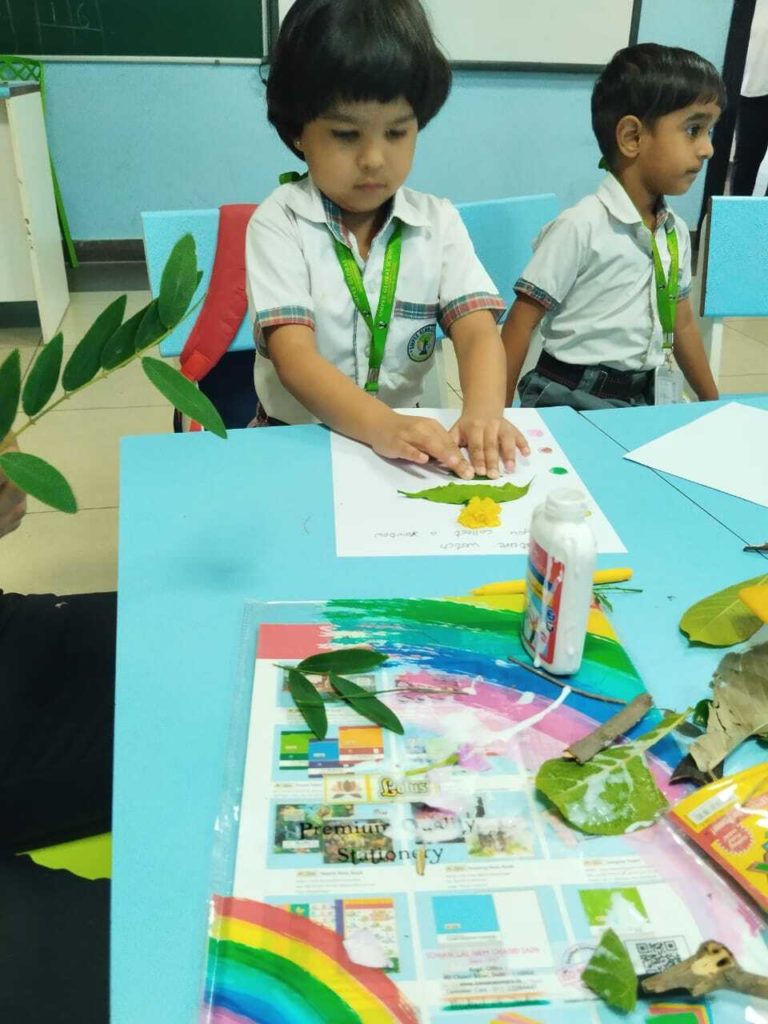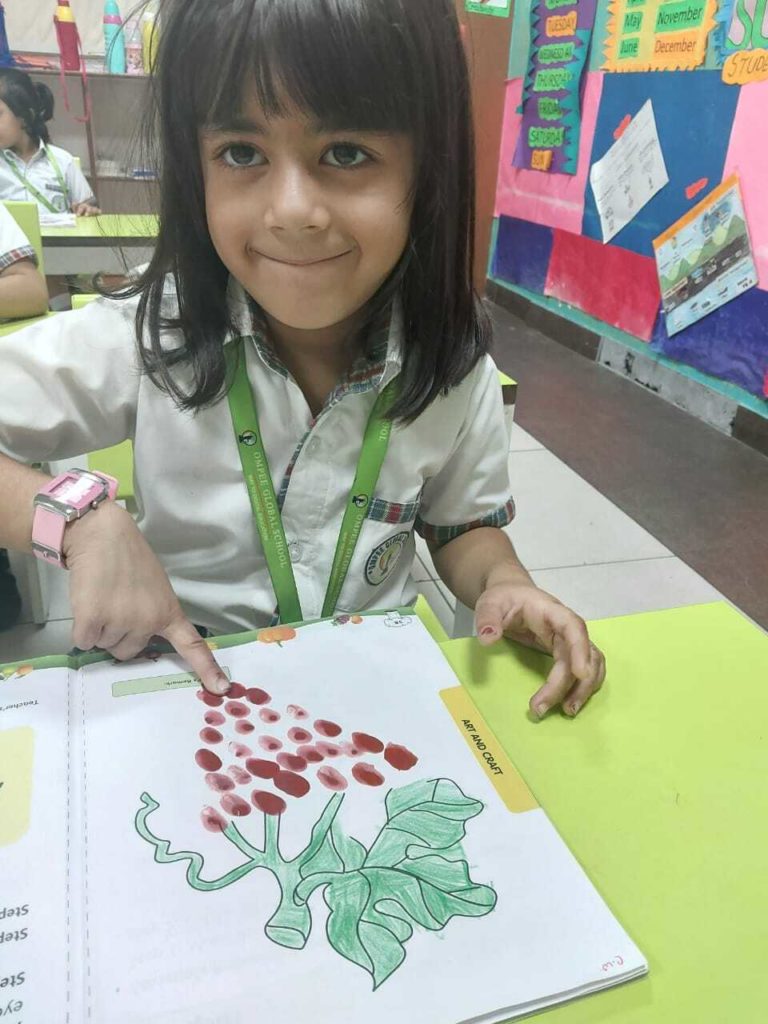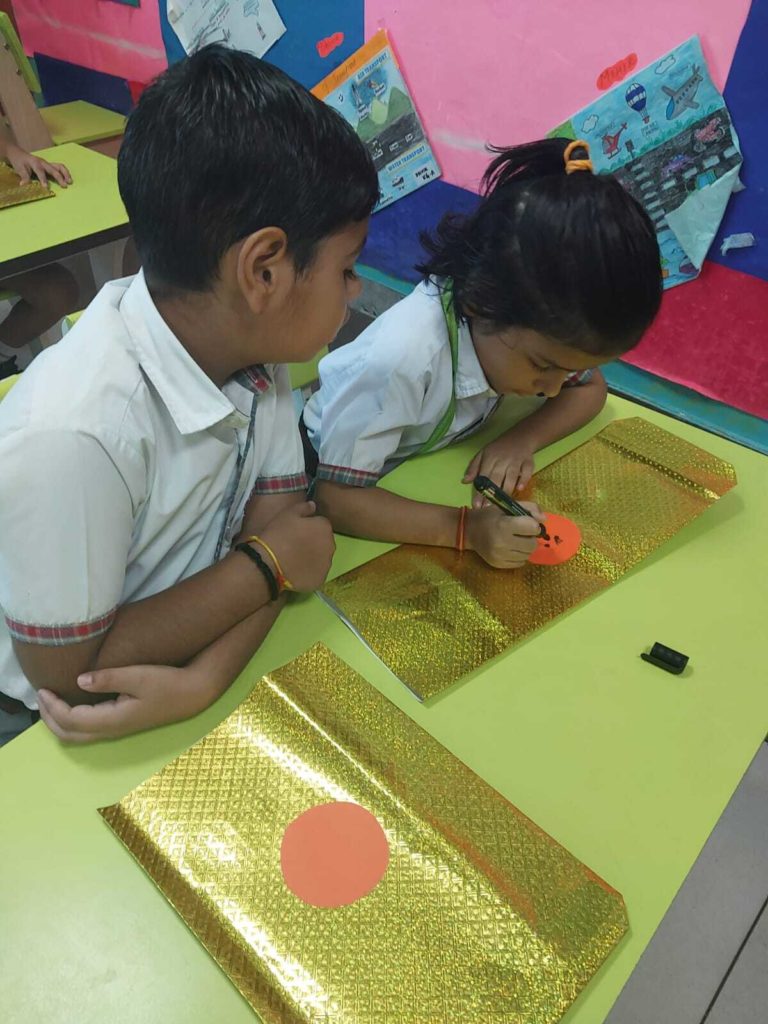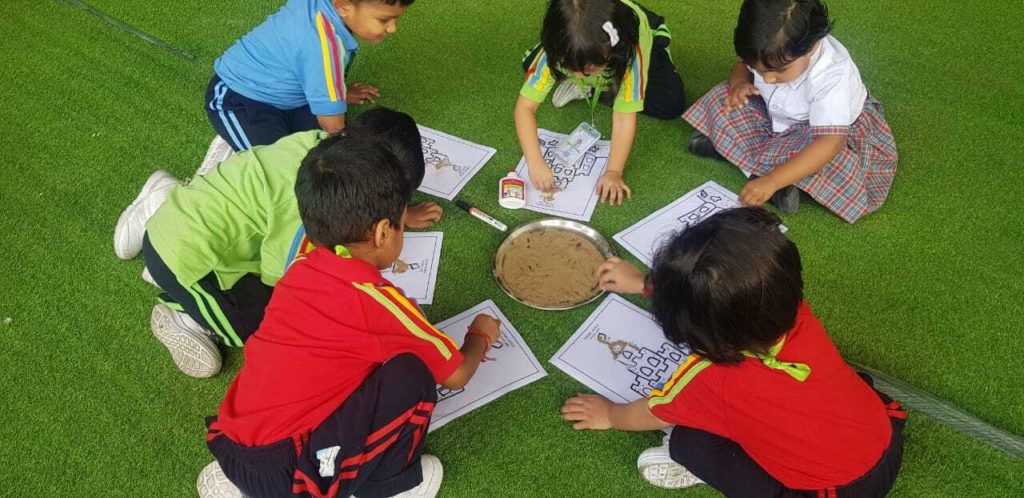Increased self-confidence and self-understanding, enhanced communication skills, and improved cognition are among the many reasons for teaching the arts.
1. Growth Mindset:
Through the arts, students develop skills like resilience, grit, and a growth mindset to help them master their craft, do well academically, and succeed in life after high school. (See Embracing Failure: Building a Growth Mindset Through the Arts and Mastering Self-Assessment: Deepening Independent Learning Through the Arts.) Ideally, this progression will happen naturally, but often it can be aided by the teacher. By setting clear expectations and goals for students and then drawing the correlation between the work done and the results, students can begin to shift their motivation, resulting in a much healthier and more sustainable learning environment.
2. Self-Confidence:
Engaging in art often involves introspection and personal reflection. Creating art can be a therapeutic process that allows individuals to explore emotions, confront challenges, and gain a deeper understanding of themselves. This self-awareness contributes to increased self-confidence and self-acceptance.
3. Improved Cognition:
Research connects learning music to improved “verbal memory, second language pronunciation accuracy, reading ability, and executive functions” in youth (Frontiers in Neuroscience). By immersing students in arts education, you draw them into an incredibly complex and multifaceted endeavor that combines many subject matters (like mathematics, history, language, and science) while being uniquely tied to culture.
4. Communication:-
One can make an argument that communication may be the single most important aspect of existence. Our world is built through communication. Students learn a multitude of communication skills by studying the arts. Through the very process of being in a music ensemble, they must learn to verbally, physically, and emotionally communicate with their peers, conductor, and audience. Likewise, a cast member must not only communicate the spoken word to an audience, but also the more intangible underlying emotions of the script. The arts are a mode of expression that transforms thoughts and emotions into a unique form of communication — art itself.
5. Deepening Cultural and Self-Understanding:
While many find the value of arts education to be the ways in which it impacts student learning, I feel the learning of art is itself a worthwhile endeavor. A culture without art isn’t possible. Art is at the very core of our identity as humans. I feel that the greatest gift we can give students — and humanity — is an understanding, appreciation, and ability to create art.
